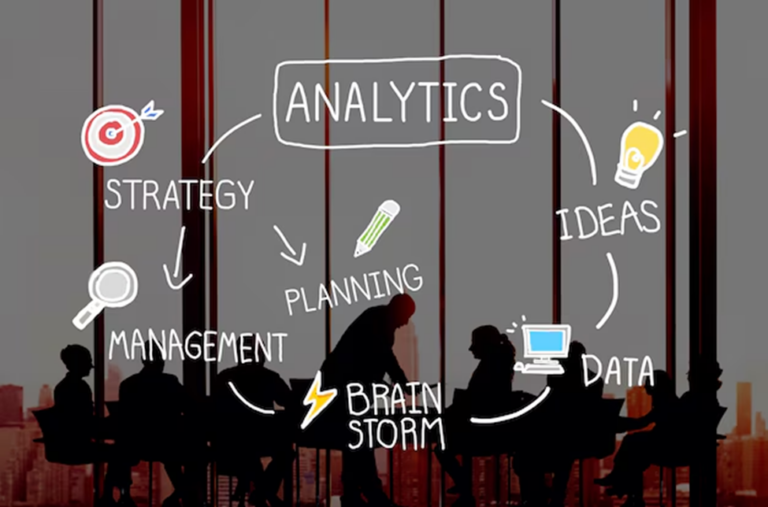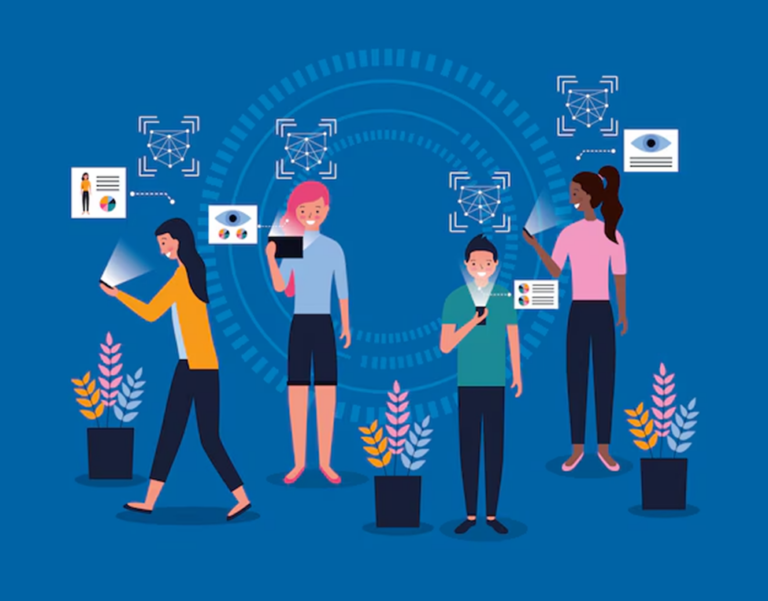How AI can enhance Meeting Management
Explore how AI can enhance meeting management by automating scheduling, improving communication, and boosting productivity. Learn how AI-driven tools are transforming business meetings in 2025.
Introduction
Meetings are a crucial part of any business, but they can also be time-consuming and, at times, inefficient. From scheduling conflicts to unproductive discussions, many aspects of meeting management can be challenging. However, the rise of artificial intelligence (AI) is offering new solutions to these challenges, making meetings more organized, efficient, and productive.
AI tools are transforming the way meetings are planned, executed, and followed up on. By automating administrative tasks, analyzing data, and providing intelligent insights, AI is helping teams save time and focus on what truly matters during meetings. This article will explore how AI can improve meeting management, from scheduling and agenda setting to real-time transcription and post-meeting follow-ups.
As businesses continue to integrate AI into their operations, effective meeting management has become an essential area of focus. Whether you are managing a small team or a large organization, AI can help you streamline the entire meeting process, ensuring that your meetings are more productive and aligned with your goals.
The Challenges of Traditional Meeting Management

Traditional meeting management often involves a lot of manual effort, including coordinating schedules, drafting agendas, and keeping track of action items. These tasks can easily become overwhelming, especially when dealing with multiple participants across different time zones or when working with large teams.
One of the biggest challenges of traditional meetings is scheduling. Finding a time that works for all participants, especially when they are spread across different locations or have varying availability, can be frustrating and time-consuming. Additionally, preparing for the meeting, sharing relevant documents, and setting an agenda often require significant effort to ensure that everyone is on the same page.
During the meeting itself, it can be difficult to keep track of the discussion, ensure everyone is contributing, and make sure that action items are clearly defined. Finally, after the meeting, following up on decisions, tracking tasks, and ensuring accountability can be challenging without proper tools.
These challenges can lead to inefficiency, frustration, and sometimes a lack of clarity around meeting outcomes. AI-powered tools can revolutionize meeting management by addressing these challenges.
How AI is Transforming Meeting Scheduling

One of the most significant ways AI is improving meeting management is by automating the scheduling process. AI-powered tools can analyze the calendars of all meeting participants, taking into account their availability and preferences, and automatically suggest the best times for everyone involved. These tools can also handle scheduling conflicts and propose alternative times without requiring any manual input from the organizer.
AI scheduling assistants, such as x.ai or Clara, are increasingly popular in business. These tools can interact with participants’ calendars, find mutually available time slots, and schedule meetings without any back-and-forth emails or phone calls. In addition, AI can ensure that time zones are correctly accounted for, especially when participants are located in different regions, which eliminates the need for manual adjustments.
For businesses with multiple teams or departments, AI-powered scheduling tools can ensure that meetings are planned efficiently, reducing the time spent coordinating logistics. This is especially helpful for organizations with frequent cross-team collaborations or global teams that require constant scheduling.
Streamlining Agenda Creation with AI
Another area where AI can significantly impact the creation of meeting agendas is in the process of drafting an agenda. Traditionally, the process involves gathering input from various stakeholders, organizing topics in a logical order, and ensuring that all key points are covered. This can be time-consuming and often leads to missing important issues.
AI can automate this process by analyzing past meeting notes, documents, and emails to identify the most relevant topics that need to be addressed. It can also suggest agenda items based on ongoing projects, upcoming deadlines, or previous discussions. Tools such as Fellow and Hugo are designed to help streamline this process by providing templates and recommendations for creating comprehensive and relevant agendas for the participants.
With AI, meeting agendas can be automatically updated in real-time, ensuring that everyone has access to the latest version and is fully prepared for the meeting. This level of efficiency helps participants stay on track and ensures that meetings stay focused on high-priority topics.
Real-Time Transcription and Note-Taking

During a meeting, keeping track of everything being discussed can be difficult, especially if there are multiple participants or the conversation shifts rapidly from one topic to another. Traditional note-taking methods can be unreliable and often miss important details. AI-powered transcription tools are changing this dynamic by providing real-time transcription of conversations.
These tools use natural language processing (NLP) and machine learning to transcribe spoken words into text accurately. AI transcription services such as Otter.ai or Fireflies.ai capture what is being said and identify key points, action items, and decisions made during the meeting. This allows meeting participants to stay focused on the discussion without worrying about missing important information.
AI transcription tools can also generate summaries, making it easier for teams to review meeting outcomes. After the meeting, team members can quickly refer to the summary to understand the key takeaways, decisions made, and follow-up actions that need to be addressed.
Automating Action Items and Follow-Ups
One of the most challenging aspects of meetings is ensuring that action items are clearly defined and followed up on. Without a system in place to track these items, tasks can easily fall through the cracks, leading to missed deadlines and confusion among team members.
AI can automate tracking action items by identifying them during the meeting and assigning them to the relevant team members. For example, AI-powered tools can analyze meeting transcripts to identify specific tasks or decisions that need to be followed up on and automatically create participant to-do lists or reminders.
Additionally, AI can send automated follow-up emails after the meeting, summarizing the action items and deadlines. This helps ensure accountability and prevents tasks from being forgotten or neglected. Some AI tools can even monitor the progress of action items and provide regular updates, making it easier for project managers and team leaders to stay on top of tasks and ensure timely completion.
Enhancing Communication and Collaboration During Meetings

Effective communication is a cornerstone of successful meetings, and AI can facilitate this by offering real-time language translation and sentiment analysis. For global teams, AI-powered tools such as Google Meet’s real-time translation can help break down language barriers, allowing participants to communicate more effectively regardless of their location or language.
Moreover, sentiment analysis tools can gauge the mood and tone of a conversation. This can be particularly useful for understanding team dynamics and identifying potential issues or areas of concern during a meeting. By analyzing participants’ speech patterns, AI can detect misunderstandings or when certain topics are causing frustration, allowing meeting organizers to intervene and address concerns promptly.
AI-powered tools can also assist with brainstorming sessions by providing real-time suggestions and ideas based on the conversation. This helps ensure everyone’s input is captured and the meeting generates creative solutions and outcomes.
The Future of AI in Meeting Management
The future of AI in meeting management is incredibly promising. As AI technology continues to advance, we can expect even more sophisticated tools that will further automate administrative tasks, enhance communication, and improve decision-making.
In the coming years, AI may be able to predict the effectiveness of meetings based on historical data, suggesting improvements to meeting structures, formats, and schedules. AI could also help personalize meeting experiences by analyzing participant preferences and tailoring the meeting environment to optimize engagement and productivity.
With AI-driven tools becoming increasingly integral to meeting management, businesses will continue to see improvements in collaboration, efficiency, and overall productivity. These advancements will save time and lead to more meaningful and productive discussions that align with business goals.
Conclusion
AI is transforming the way meetings are managed, offering solutions to common challenges such as scheduling conflicts, ineffective communication, and unclear action items. By leveraging AI-powered tools, businesses can enhance the productivity and efficiency of their meetings, ensuring that time is spent on high-value activities rather than administrative tasks.
From automated scheduling and agenda creation to real-time transcription and post-meeting follow-ups, AI is providing businesses with powerful tools to streamline the meeting process. To learn more about how AI can improve meeting management and other business operations, visit our pillar post.







